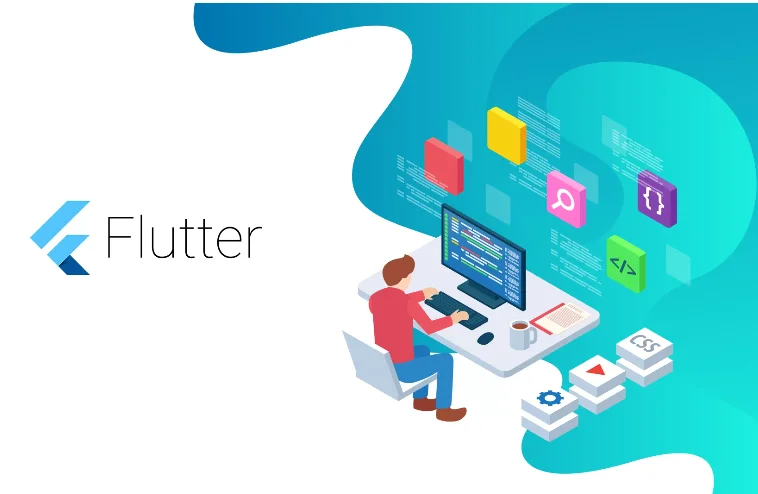Flutter Web is an implementation of Flutter that is compatible with web development technology such as HTML, CSS, and JavaScript. By using Flutter for the web, you can take existing Flutter code written in Dart and compile it into a client experience that can be embedded in the browser and deployed to any web server. This article discusses the four main components of the Flutter framework and how it can help drive the success of your development company.
Component #1: Dart Platform
Flutter apps are written in Dart language, which allows for the creation of top-quality apps in a short amount of time. Dart is a high-performance programming language that is optimized for client-side development, making it an excellent choice for developing web and mobile applications.
Component #2: Flutter Engine
The Flutter engine is mainly written in C++, providing low-level rendering support using Google’s Skia graphics library. For enterprise app development, Flutter is accessed via the Flutter framework, which provides a modern and reactive framework for developing mobile and web applications.
Component #3: Foundation Library
The foundation library in Dart provides basic classes and functions used to build applications using Flutter, including APIs that communicate with the engine. The foundation library is a critical component of the Flutter framework and provides developers with a solid foundation for building high-quality applications.
Component #4: Design-Specific Library
UI/UX designers in Flutter typically assemble and/or create various widgets using the Material Design package for Android developers or the Cupertino package for iOS developers. Developers can also use complex widgets that combine many simpler ones or interface with “canvas” commands to draw shapes, text, and imagery directly to the screen.
Conclusion:
Together, Dart and Flutter provide the ability to create exceptional experiences across Android, iOS, and the web. Considering the significance of Flutter in both mobile and web development, it is an excellent choice, possibly better than React Native. Flutter is built to high standards and undoubtedly sounds promising for the future of app development.
